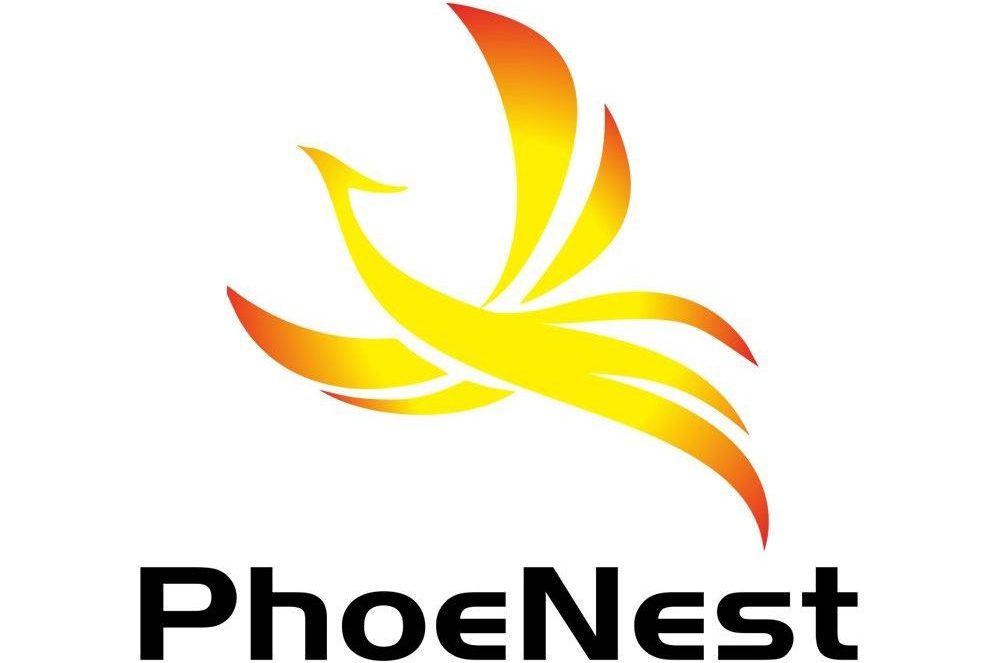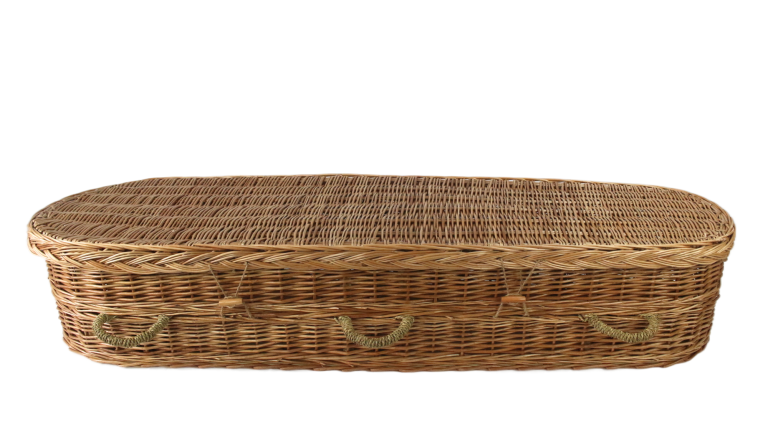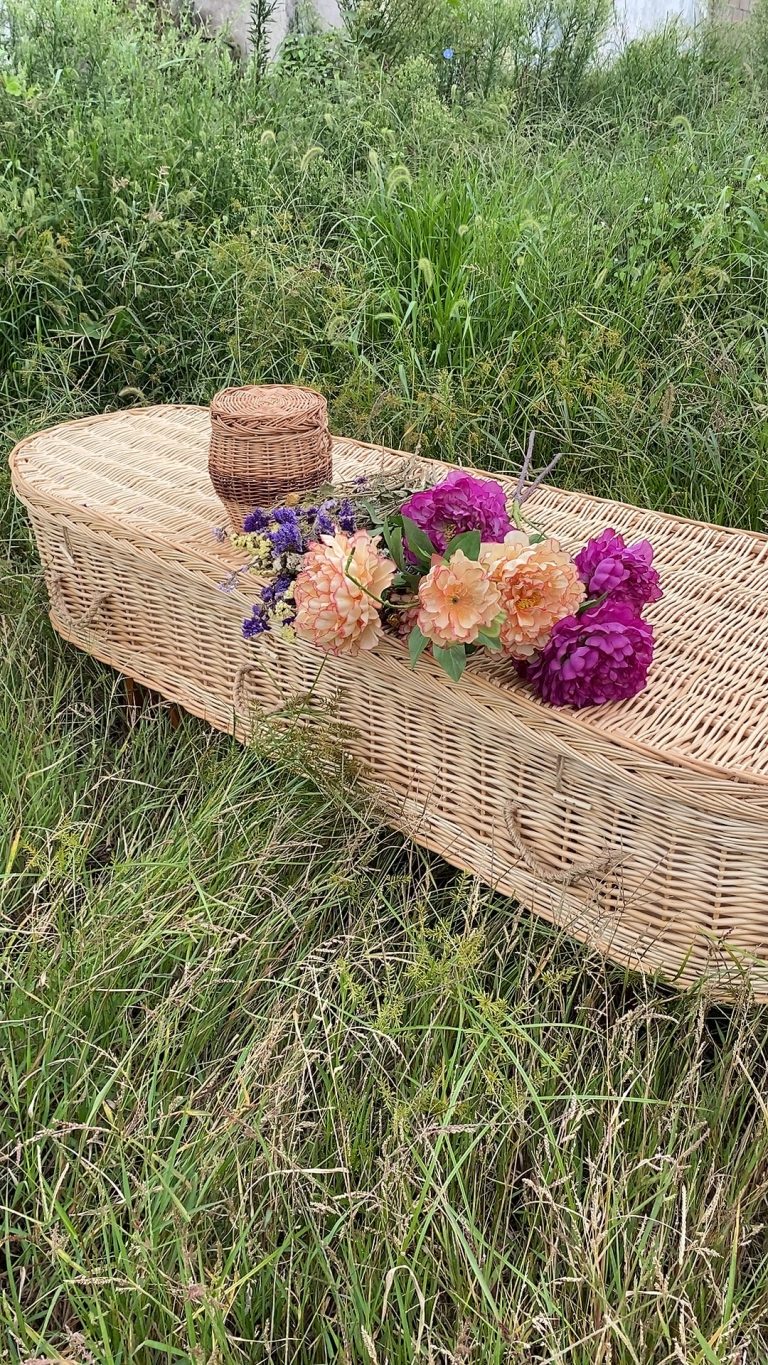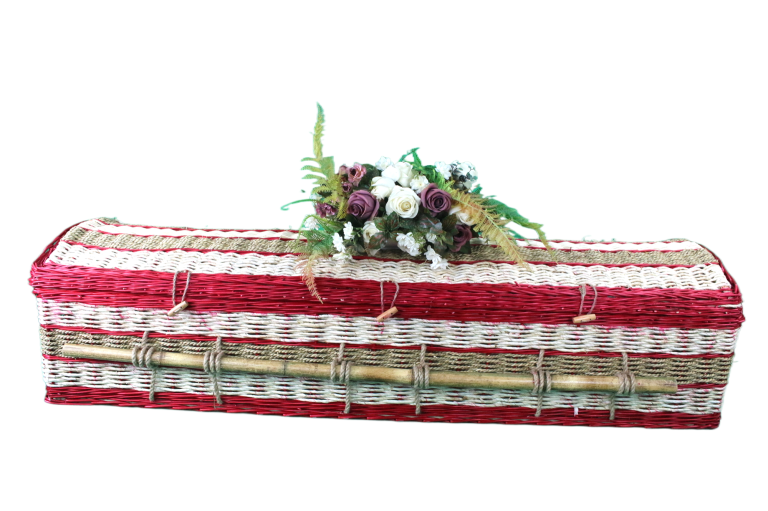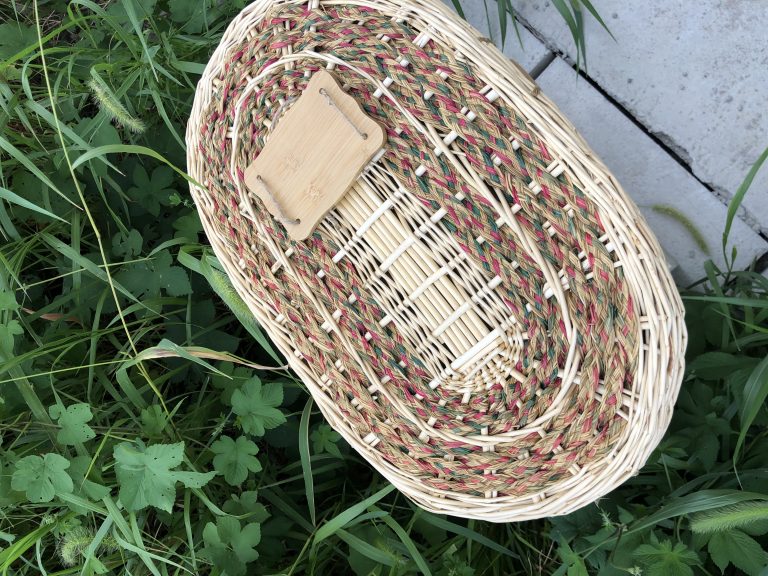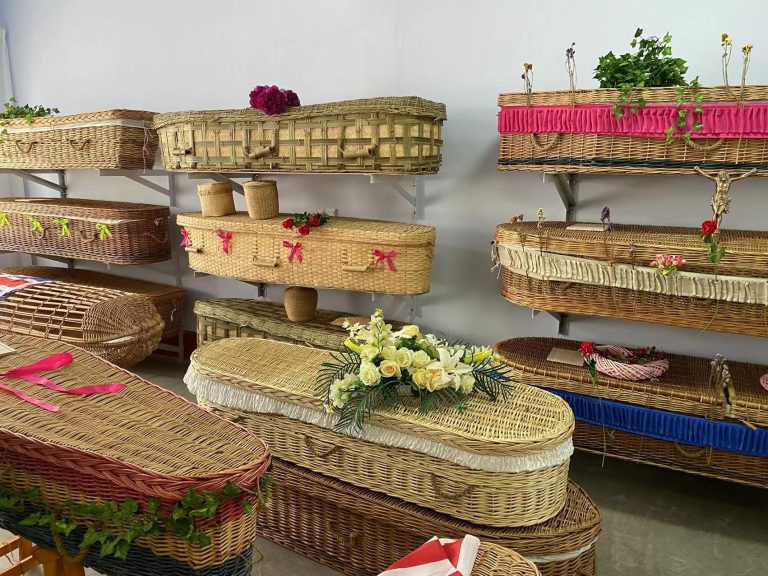In a world increasingly focused on eco-friendly end-of-life options, willow coffins have emerged as a popular choice for natural burials and cremations. Woven from renewable willow branches, these biodegradable caskets offer a gentle return to the earth, but a common question arises: Are willow coffins expensive? The answer depends on perspective—while they may seem pricier than basic cardboard alternatives, they are often more affordable than traditional wooden or metal caskets, especially when sourced from global production hubs like China’s Linshu factories in Linyi. This article explores costs worldwide, highlighting how efficient manufacturing in China keeps prices accessible amid rising demand for sustainable funerals.
Globally, willow coffin prices vary by region, influenced by labor, materials, and import duties. In the United Kingdom, where natural burials are well-established, prices range from £379.99 for basic models to £980 for premium handcrafted versions.
For instance, a standard Wegnalls willow coffin costs £820-£850, while imported options can dip lower, reflecting economies of scale from overseas suppliers.
Compared to traditional oak coffins, which can exceed £1,500, willow options are cost-effective, appealing to environmentally conscious families.
In Europe, similar trends hold: Germany and the Netherlands favor these for green cemeteries, with prices around €500-€900, often subsidized by eco-funeral incentives.
Across the Atlantic, in the United States, willow caskets are gaining popularity in states like California and Oregon, where green burial laws encourage biodegradable materials. Retail prices hover between $500 and $1,500, significantly less than metal caskets averaging $2,500 or more.
Child-sized versions, such as the Windsor willow casket, start at affordable rates for sensitive needs.
In Australia and Canada, costs align closely with UK figures, ranging from AUD 600-1,200, driven by import reliance but offset by their lightweight design reducing shipping fees.
Overall, willow coffins are not inherently expensive; they undercut traditional caskets by 30-50% in many markets, as woven construction avoids costly woodworking or metals.
At the core of this affordability is China, particularly Linshu County in Linyi, Shandong Province—the world’s willow capital. Dubbed “willow Town,” Linshu’s factories produce over 20,000 units annually, exporting to Europe, North America, and beyond.
Local companies like Linshu phoenixnest coffins Arts & Crafts and Linshu roconly funeral supplies specialize in willow weaving, leveraging abundant plantations and skilled artisans to keep wholesale prices low—often $120-160 per unit for European-style models.
These source factories emphasize sustainable harvesting: willow s regrow rapidly, requiring no pesticides, which minimizes costs and environmental impact.
Wholesale deals on platforms like Alibaba further reduce prices to $140-300 for bulk orders, making them viable for international distributors.
The production process in Linshu exemplifies efficiency. Artisans harvest branches, soak them for flexibility, and weave durable frames using traditional techniques passed down generations.
Factories like those in Qingyun Town incorporate natural linings and ropes, avoiding expensive hardware.
This labor-intensive yet low-tech approach contrasts with high-cost Western manufacturing, where handmade willow coffins can double in price due to wages and regulations.
X posts from suppliers highlight how bundling accessories like shrouds or urns in shipments from Linshu cuts overall procurement costs.
However, perceived expense can arise from add-ons: custom engravings, colorful weaves, or expedited shipping inflate costs.
In the UK, some users decry £890 prices for what they see as “cheaply manufactured” imports, yet this overlooks the value of sustainability.
Ethically, Linshu’s model supports local economies without exploitation, focusing on fair labor.
In conclusion, willow coffins are not expensive when viewed globally—they offer premium eco-benefits at mid-range prices, thanks to Linshu’s innovative factories. As demand grows, these Chinese hubs ensure accessibility, proving that honoring the planet needn’t cost the earth.
Phoenix Nest ( Shandong ) Crafts Co.,Ltd.
Whatsapp: +86-18265103836 (Whatsapp & Wechat & Tel)
Email: jason@phoenxinestcoffin.cn
#willow coffin#greencoffins#bamboocaskets#urns#naturalcoffins#chinafactory#scattertube#naturalburial#FuneralSupplies#cross#flowerbands#shrouds #carrierfuneral We are a factory supporting eco friendly green funeral(natural willow coffins\bamboo caskets and so on) .. for detail please contact us www.phoenixnestcoffins.com;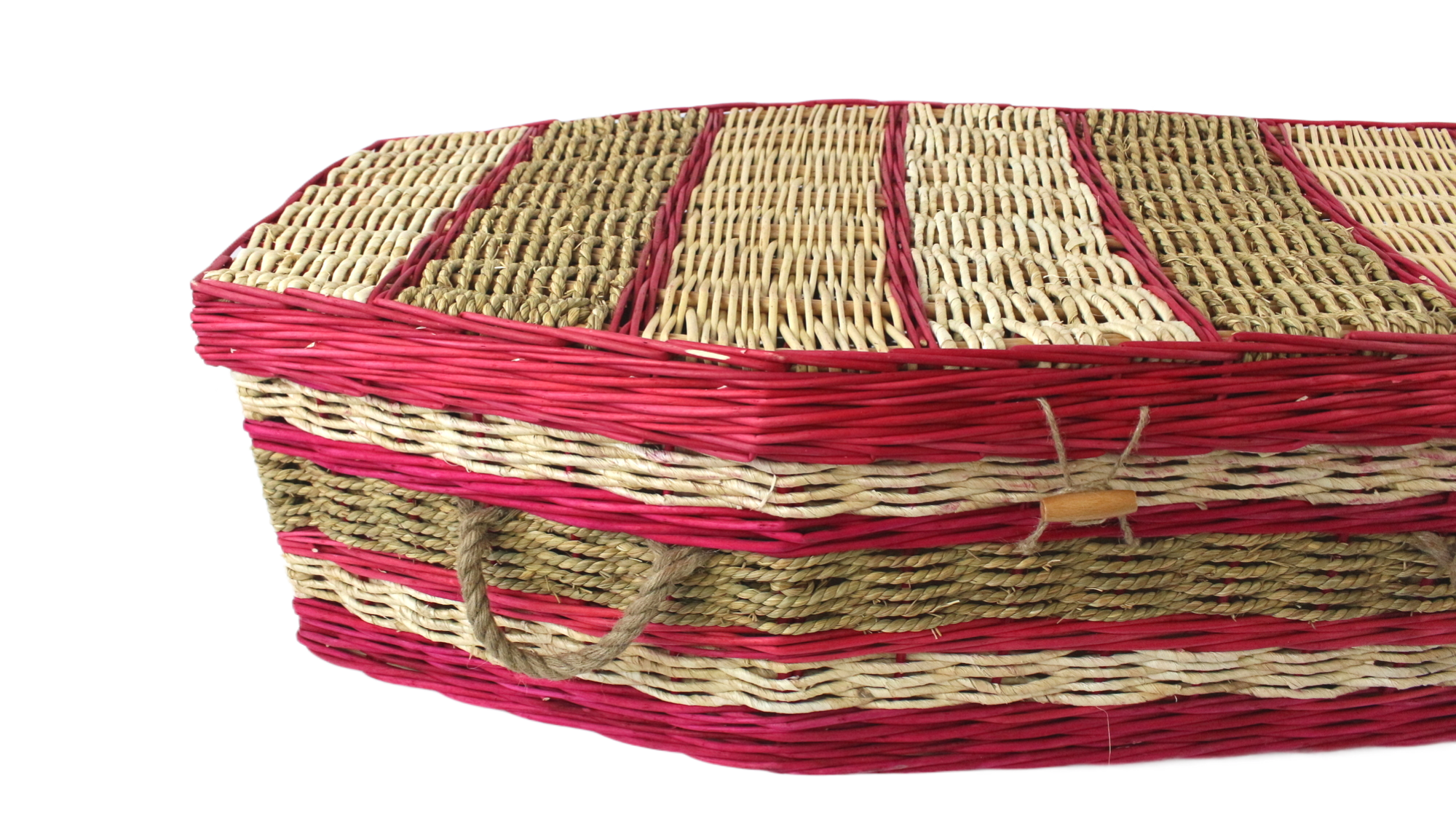 What if Your Last Impression on Earth Benefited Those Your Left Behind?green funeral is a choice#phoenixnestcoffins#ecofriendlyproducts #coffin #greenburials #funeraldirector #funeralhomes @everyone@followers
What if Your Last Impression on Earth Benefited Those Your Left Behind?green funeral is a choice#phoenixnestcoffins#ecofriendlyproducts #coffin #greenburials #funeraldirector #funeralhomes @everyone@followers
